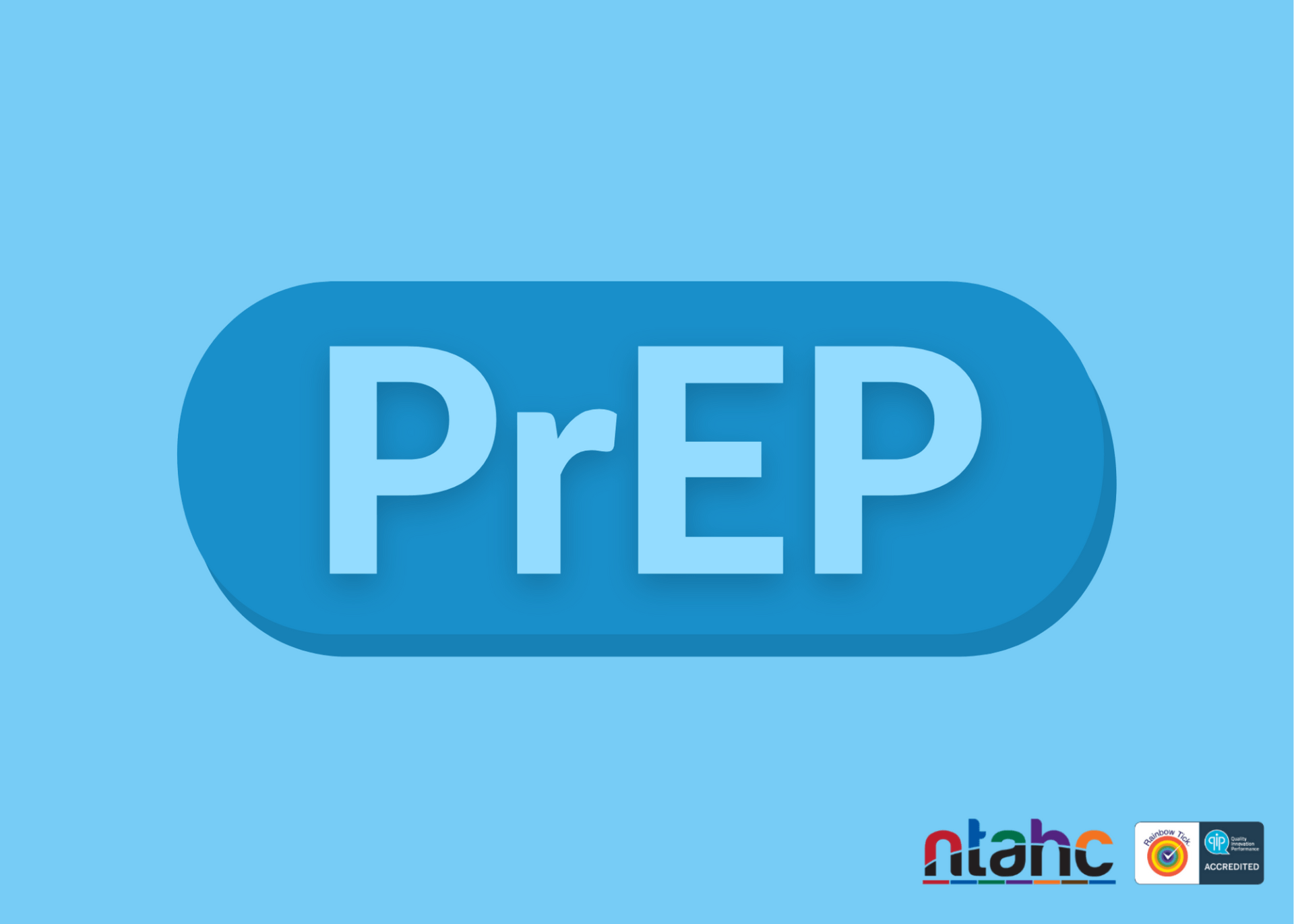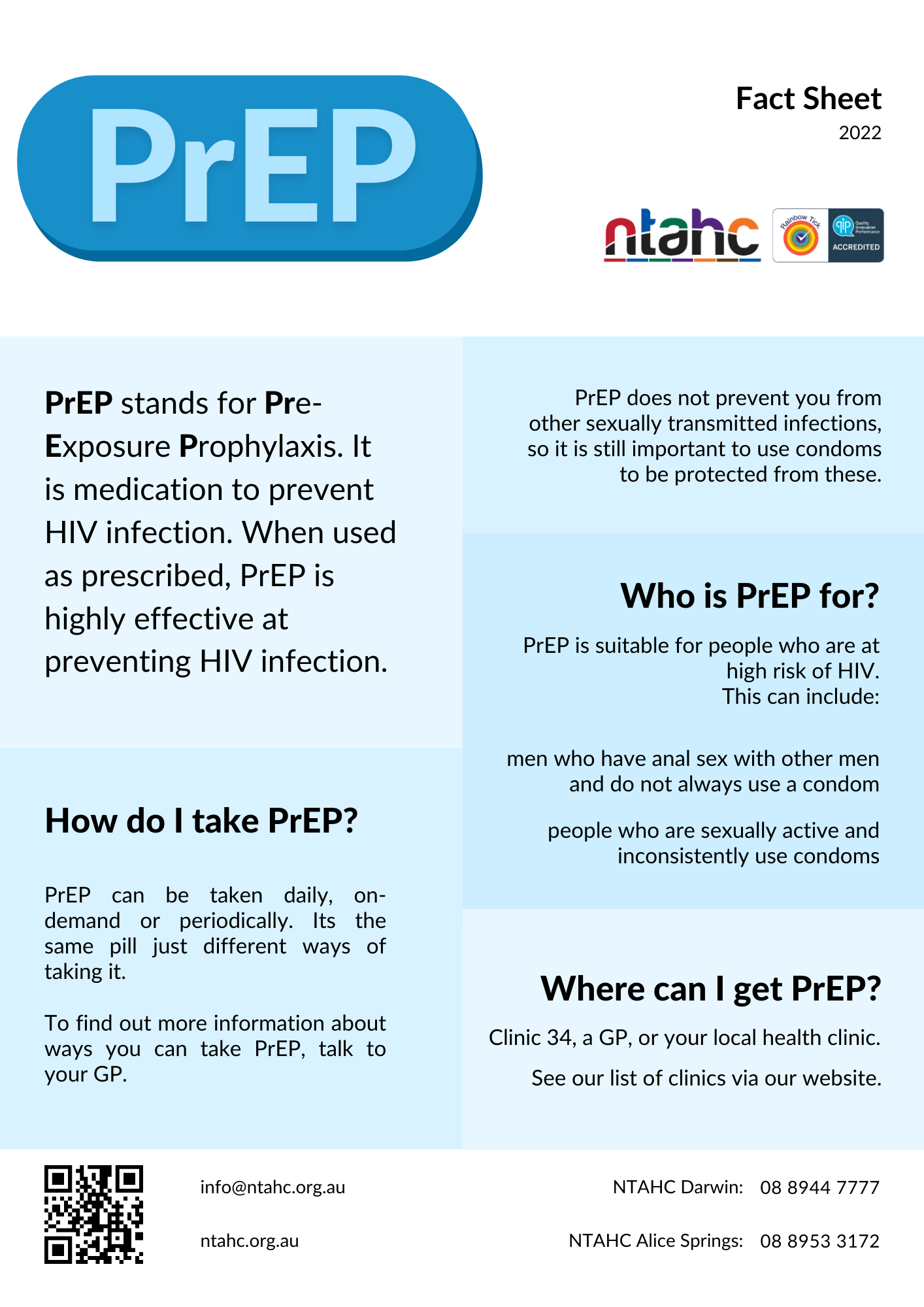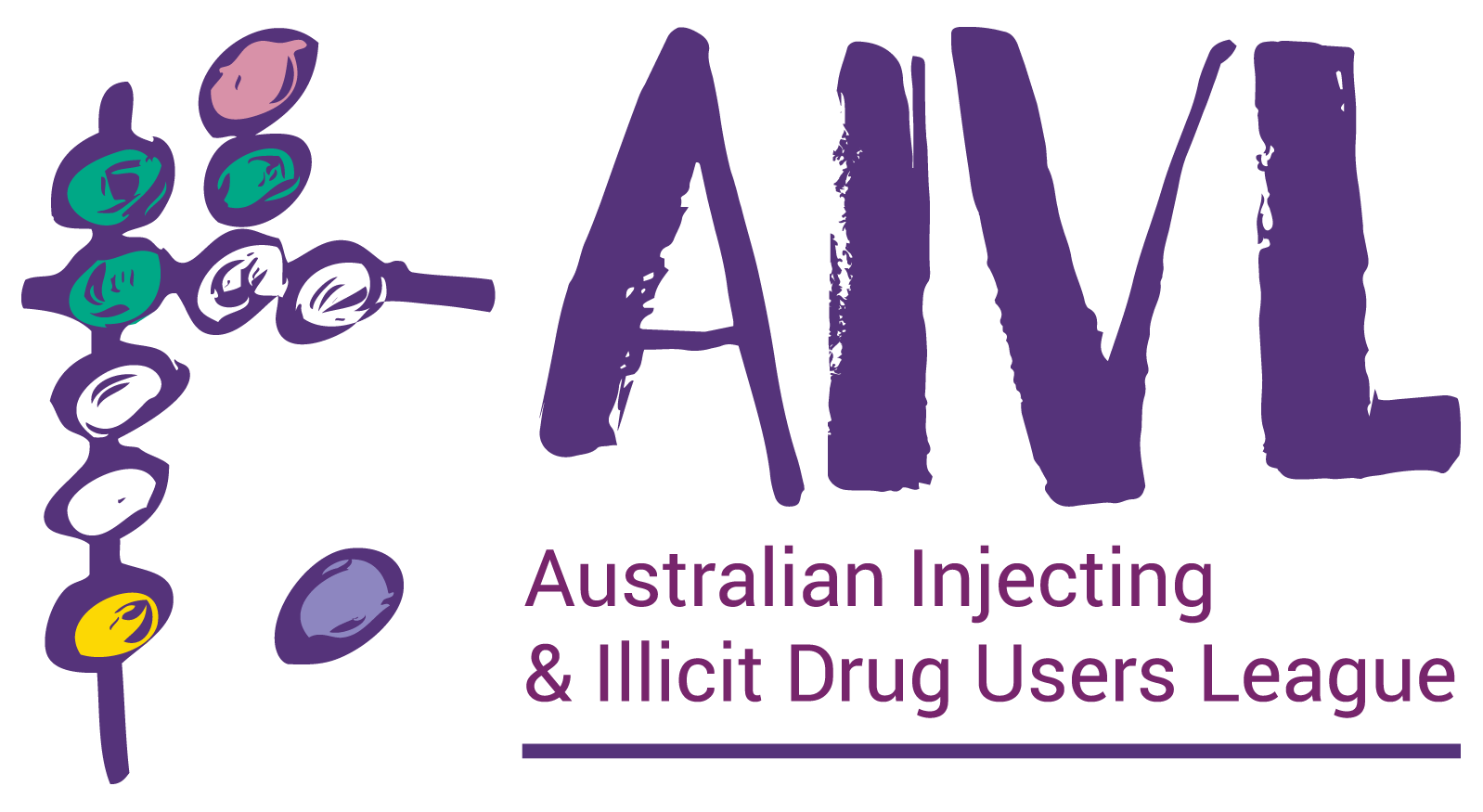PrEP
PrEP (pre-exposure prophylaxis)


What is PrEP?
PrEP stands for Pre-Exposure Prophylaxis. This is a way of protecting yourself from getting HIV by taking a tablet once a day every day. PrEP does not prevent you from other infections that you can get when having sex, so it is still important to use condoms to be protected from these.
More information
- Who is PrEP for?
PrEP is recommended for people who are at high risk of getting HIV. You are at high risk if you:
Are a man who has anal sex with other men and do not always use a condom.
Have a heterosexual partner who has HIV and you want to have a baby.
Are someone whose partner has HIV, but is not taking HIV medication, and you don’t always use a condom.
PrEP can help you to worry less about getting HIV.
- How can PrEP protect me from HIV
PrEP works very well if you take it every day. You should try to take it at the same time each day.
If you don’t take the tablets every day, you may not be as well protected against HIV. Your doctor can give you more information.
- How can I get PrEP
To get PrEP you need to see a doctor who is experienced in HIV to find out if PrEP is right for you.
The doctor will ask you questions about your sexual life to see if you are at high risk of getting HIV. The doctor will keep your personal information private and confidential.
If you are at high risk, the doctor will do:
A HIV test. If this shows that you already have HIV, you should not take PrEP.
A hepatitis B test. If you have chronic hepatitis B you may need to see another specialist doctor before you know if you can take PrEP.
Kidney tests (blood tests), as these can be affected by the PrEP medication.
Tests for other infections you can get from having sex.
If PrEP is right for you, the doctor will give you a prescription and explain the different ways that you can get PrEP.
Talk to our team in your area.
What is PEP?
Post Exposure Prophylaxis (PEP) is the administration of antiretroviral HIV medications for 28 days, commenced within 72 hours of possible exposure to HIV infection.
PEP has been shown to reduce the risk of HIV infection following needle stick injuries to healthcare workers by 81%. However, it is unknown whether it is effective following sexual exposure, though animal and laboratory studies suggest that it is likely to be.
Go to your local Hospital Emergency Department and ask for PEP with in 72 hours.
More information
- When should I take PEP
Had unprotected sex and think you may have been put at risk of HIV infection.
- Where to get PEP
See Clinic 34 or any NT Hospital Emergency Department with in 72 hours.
Darwin
-
Opening hours
NTAHC Darwin and NSP open Monday to Friday: 8.30am to 5pm
Alice Springs
Shop 3 Reg Harris Lane
Todd Mall
ALICE SPRINGS NT 0870
PO BOX 2461 ALICE SPRINGS NT 0871
T : 08 8953 3172
-
Opening hours
8:30am-5pm Monday- Friday (closed 12-1pm).
Palmerston (NSP only)
-
Opening hours
Monday to Friday: 9:30am to 5:30pm
Closed for lunch: 1pm to 1:30pm
ACKNOWLEDGEMENT OF COUNTRY
"NTAHC acknowledges the Traditional Custodians on whose lands we work and live and, pay respects to elders past and present .
We are committed to a positive future for the Aboriginal community."
NTAHC Diversity Statement
“NTAHC welcomes, celebrates and respects diversity and we actively promote equity and inclusion for all its employees, volunteers and priority populations. We do not tolerate discrimination on the basis of sexuality, gender identity, bodily autonomy or gender expression.”
ABN: 58 945 364 262 • Australian Charities and Not-for-profits Commission number: 58945364262
NTAHC Darwin 08 8944 7777
Website designed and developed by Captovate








